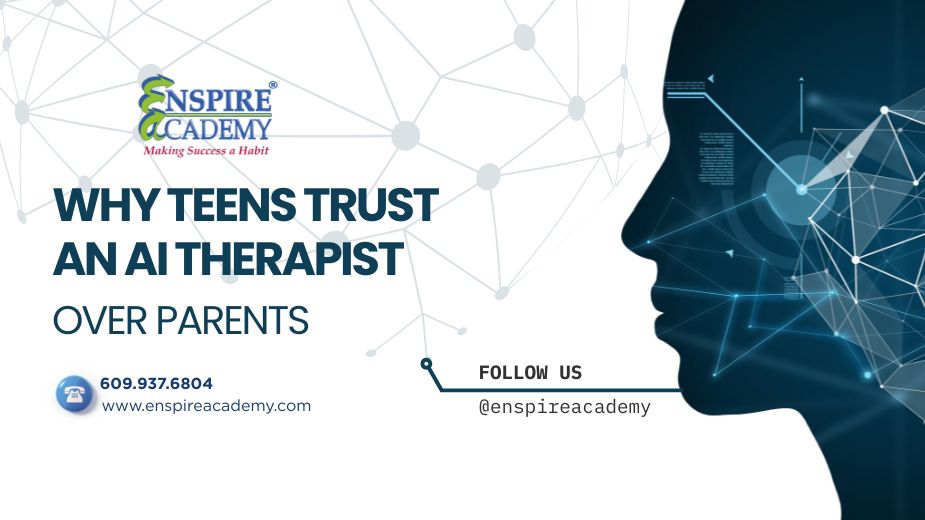Receiving an interview invitation can stir a mix of excitement and nerves, but taking command of your preparation by refining your skills and attitude lays the groundwork for success. In today’s competitive job market, it’s not only qualifications that count—it’s also about projecting the right perception in interviews. Employers are on the lookout for candidates who radiate drive, enthusiasm, and positivity.
Here are some realistic recommendations to help you showcase a positive demeanor and leave a long-lasting effect in your next interview.
Pre-interview: Prepare to Shine
Validate Your Fit for the Company
Conduct thorough research on the company, such as its long- and short-term goals, industry competition, and risks. Prepare to respond with answers that demonstrate your unique skills, reasons for why you can add value and how your values align with theirs. Remember to rehearse out loud with a friend or mentor who can provide feedback and increase your comfort level.
One of our clients shared how her in-depth research on a potential employer’s sustainability efforts allowed her to articulate her passion for environmental advocacy, making a memorable impact during her interview.
Navigating Nervousness and Imposter Syndrome:
Feeling nervous or doubting your abilities is common, but these feelings shouldn’t control your interview performance. The following strategies can help you overcome them:
- Boost Your Self-perception: Take the time to mentally prepare yourself. Reflect on your skills and remind yourself of past accomplishments and moments of triumph to boost yourself perception.
- Positive Self-Talk: Replace doubts with affirmations of your skills and past successes, Perceiving the interview as a conversation to find the ideal fit can boost your confidence.
- Deep Breathing: If you are feeling overwhelmed, practice slow, deep breaths to calm your mind and reduce anxiety.
- Visualize Success: Imagine yourself confidently answering questions and connecting with the interviewer.
During the Interview: Showcase Your Best Self
- First Impressions Count: Your Arrival:
Enter the room with a smile, maintain eye contact, and ensure your posture reflects openness and assurance. Avoid closed body language, such as crossed arms or fidgeting, and be mindful of your speech to eliminate filler words like “um,” which can indicate nervousness. Your demeanor should say, “I’m excited to be here and ready to contribute.”
- Communicate with Clarity and Positivity:
Use specific, positive language to frame your achievements and strengths. For example, instead of saying
❌“I managed a team,” elevate it to
✔️“I led a team towards achieving a 20% increase in efficiency.”
Such phrasing not only highlights your leadership skills but also your impact on success.
- Tailor Your Responses and Listen Actively:
Respond to questions thoughtfully, leveraging your company research. For instance, if asked about dealing with challenges, tie your answer back to the company’s context:
✔️“With the company currently facing rapid market changes, I see my adaptability and proactive problem-solving as key assets.”
Post Interview: Sealing the Impression
After the interview, your actions can continue to influence the employer’s decision. Here are essential steps to take:
- Send A Custom Thank-You Note: Within 24 hours of your interview, send a customized thank-you email to each person who interviewed you. Highlight a specific discussion point that intrigued you, expressing how it furthered your interest in the role and the company. For example,
✔️”I greatly appreciated learning about your upcoming product launch and am excited about the prospect of contributing my project management skills to its success.”
- Reflect on the Interview: Take some time to jot down key points from the interview, including questions asked, what you answered, and any important information shared by the interviewers. This reflection can be invaluable for future interviews, allowing you to assess what went well and what could be improved.
- Stay Engaged with the Company: If you’re genuinely interested in the company, engage with them Commenting on their social media posts or sharing their content (with meaningful insights of your own) can keep you on their radar and demonstrate your ongoing interest in their work.
- Handle Rejection Gracefully: Not every interview will result in a job offer, but each is a learning opportunity. If you’re not selected, respond with a polite message thanking them for the opportunity to interview and expressing your interest in staying in touch for future opportunities. This professional maturity can leave a positive impression, keeping the door open for other roles that may arise.
Remember, interviews are a two-way street; they’re as much about you finding the right fit as the company finding the right candidate. With these strategies, you’re not just preparing for an interview; you’re setting the stage for your next career milestone.





